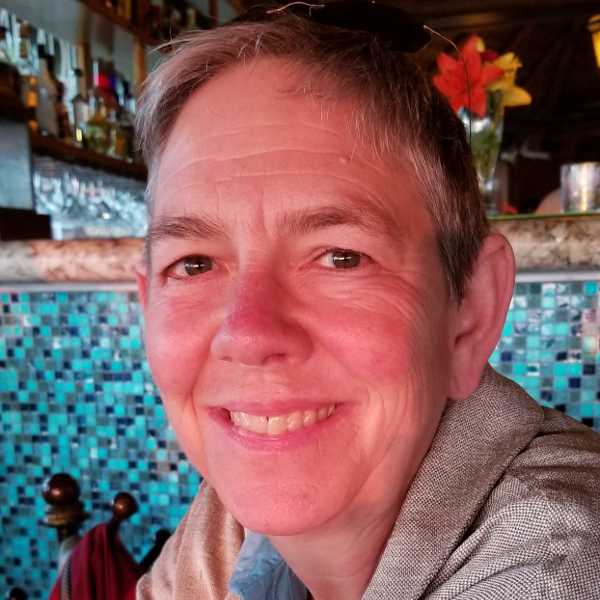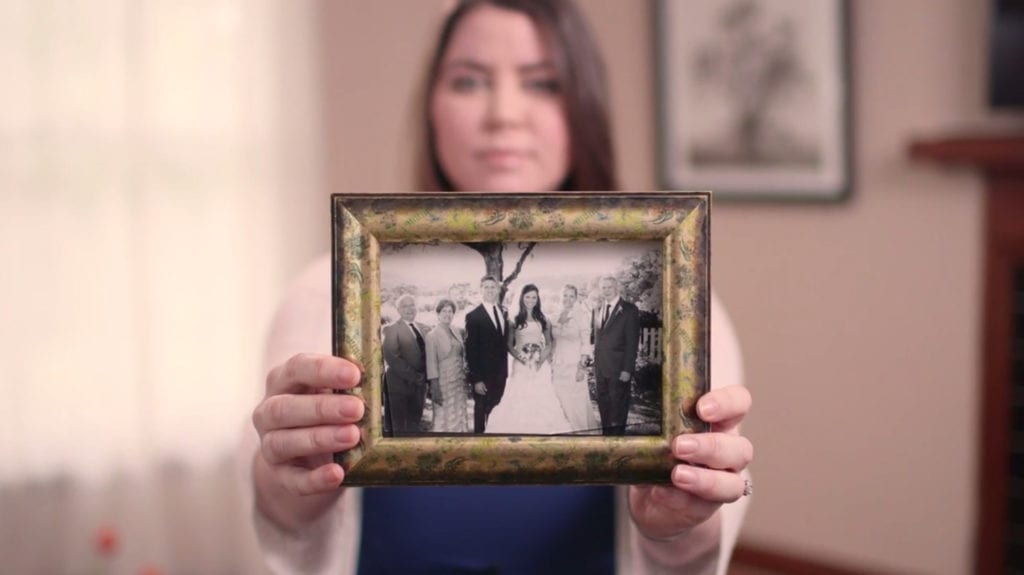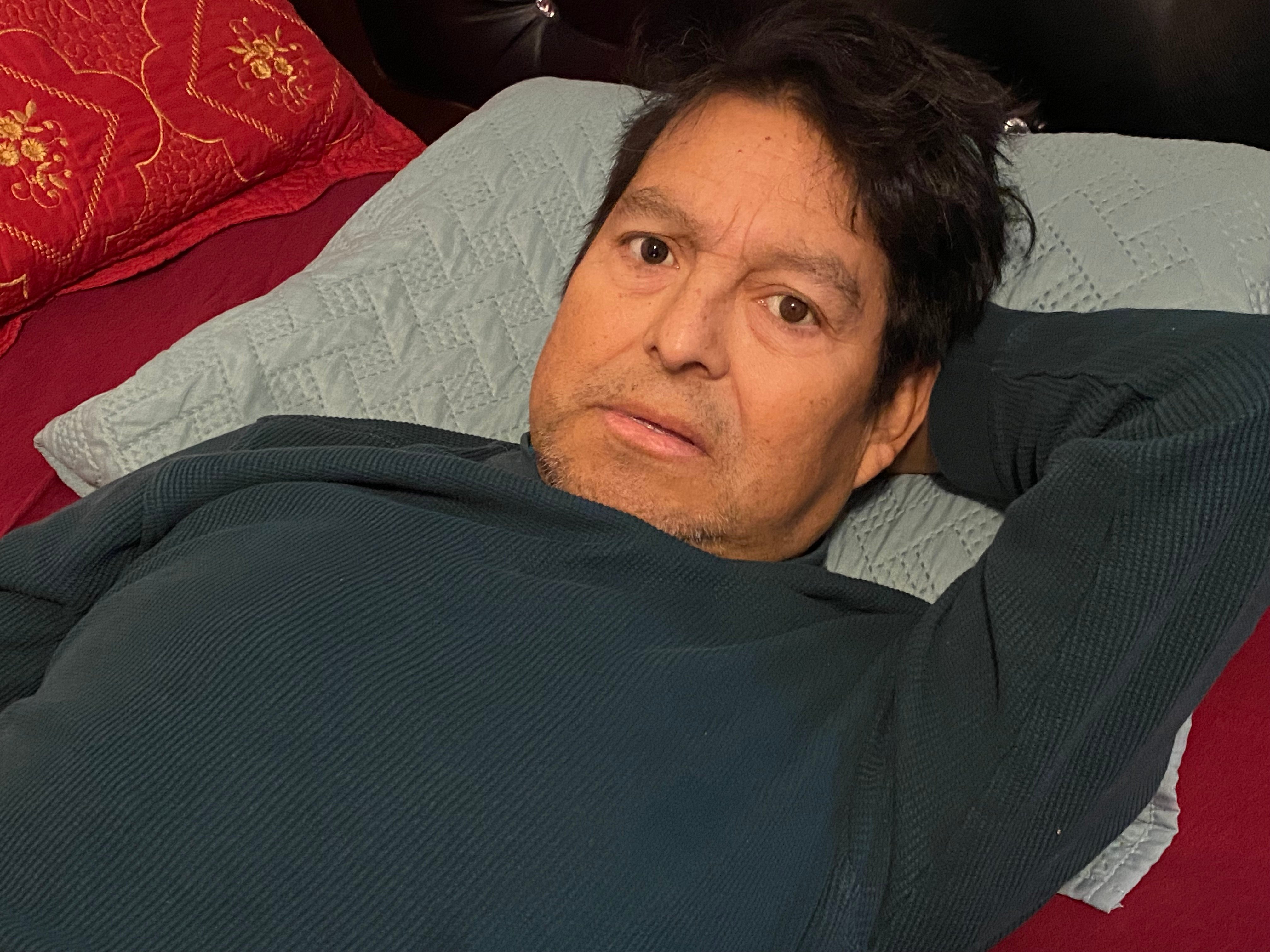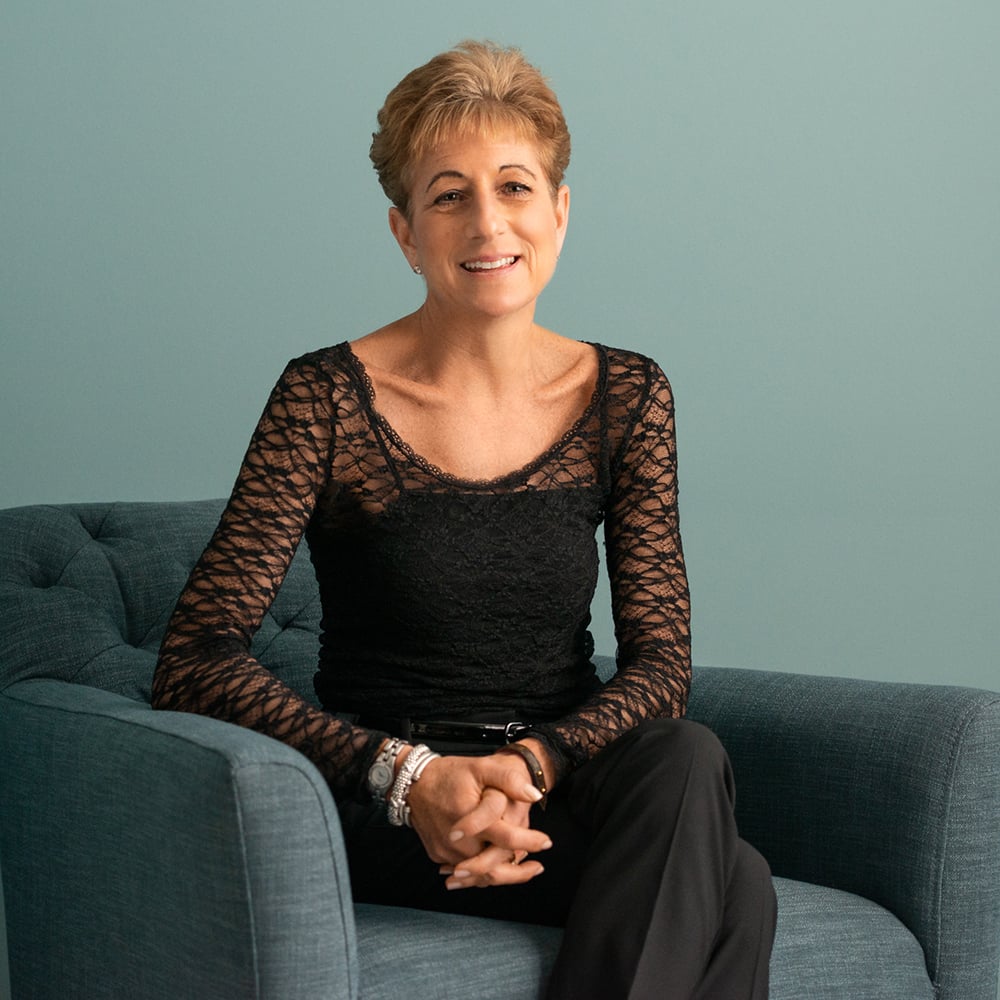Christina shared her story in March of 2022.
First my mother, then my brother, showed me what it means to die on your own terms.
My mother Annabel Clark was a force of nature. If she got curious about something, she’d study it. My father was a career minister, and when he retired, Mom enrolled in seminary, got her own divinity degree and went on to serve as an interim minister. She already had a PhD in theater, which she used to teach and direct theater in a multiplicity of settings, including a production of “Fiddler on the Roof” with 80-year-olds. Ever spirited, she and my dad had a running lifetime score of ping-pong games. (She won in the end, something like 12,000 to 10,000.)
In 2017, at the age of 93, she joined me, my brother and our spouses on a trip to Puerto Vallarta, Mexico. She was enjoying speaking Spanish and hiking. But then, while we were on a whale-watching tour, she kept saying she couldn’t see the whales. We didn’t understand why. Then we realized something was seriously wrong and returned to shore. Mom had some paralysis and couldn’t walk without assistance. At the hospital, they determined she had suffered a stroke.
Back home in Denver the next day, the hospital physicians talked to Mom about a therapy program to regain strength and mobility. As she considered their advice, she kept remembering the untenable quality of life my dad experienced for years before he died from Alzheimer’s at age 90 a few years earlier. She always told us that she mourned for years, and then he died. Because Mom didn’t want that for herself or for us, she decided to voluntarily stop eating and drinking (VSED). In her words, “I’ve had 93 good years. I don’t need any bad ones.” I remember how happy and at peace she was when she told me; she had just hung up from talking with her minister about her decision. Any objection I might have raised was immediately dissipated by her clarity and determination.
Mom called each of my siblings to tell them. My brother and one of my sisters were quickly on board. My other sister initially had several reservations, but after she and Mom had a deeper conversation, she was also ready to support her however she could. We trusted Mom to know what was best for her.
The entire process took about 12 days. Hospice was incredible and helped keep all Mom’s healthcare workers informed that she was not taking food or water or scheduling any rehab or treatments. My parents had not only served three different congregations in the Denver area but were also engaged and active for over 50 years in the community, so Mom had a huge network of people who loved her and wanted to come say goodbye. We eventually had to keep an appointment book to manage all the visitors.
My mother’s approach to those final moments of life before death definitely had some bearing on my brother Doug’s decision nearly five years later to wrest control of his death from his disease, Multiple System Atrophy–Parkinsonian type (MSA-P).
Like my mother and father, Doug had strong values, and he acted on them. As a young man, he was a vocal opponent of the Vietnam War and registered as a conscientious objector. He later founded a granola brand based out of Oregon and became a pioneer in the organic foods movement while also offering a collaborative work environment to his employees. Doug was a gifted musician and lover of the arts, like Mom, and played trombone and piano in a brass ensemble in addition to writing and arranging music. My sisters and I were mostly classical musicians; he was our rock and roller.
For years, Doug chased a diagnosis for a discrete and diverse set of symptoms: blood pressure dips, REM sleep disorder and body temperature regulation disorder, among others. This last symptom prompted Doug and his wife Shelley to move from Oregon to New Mexico for its warmer weather in 2005. After an incorrect diagnosis of Parkinson’s disease, Doug was finally diagnosed with MSA-P in May 2014.
By 2021, Doug’s deterioration was accelerating. He had trouble swallowing and his mental faculties were diminishing; he struggled with short-term memory loss and some hyper focus issues as well as a very bad tremor. He could not stand for more than a few minutes at a time. He wrote that he felt “hemmed in at every turn…. I can choose to spend my days fighting off the disease, but it’s a losing battle.… A good life should be more than practicing various therapies in a futile attempt to keep death at bay.”
Doug had expressed his desire to access Oregon’s medical aid-in-dying law, but that would have required that he and Shelley move back to the state. He was so relieved when New Mexico passed its End of Life Options Act in 2021. Doug wanted to die in the sunshine and warmth of his chosen home, and this new law made that possible.
That fall, Doug invited each of us sisters to come visit him one-on-one to discuss his interest in using medical aid in dying. Then, around Thanksgiving, he made a firm decision. He had gotten a lot of counseling from various professionals as well as friends and family, and his doctor had thoroughly reviewed the option with him and agreed that he qualified. He celebrated his last Christmas at home, followed by his 73rd birthday on December 29th. We all made travel plans to be with him starting a few days before the designated date of January 29, 2022.
That period between Thanksgiving and the end of January was both the longest and shortest time of my life. But all of a sudden, it was time, and I was going to see my brother die.
Over the course of a week, our family celebrated Doug’s life while he was still living. We played a lot of music, told a lot of stories and looked back over a lot of pictures. The day of, the doctor arrived and sat with Doug in his bedroom going over what was about to happen. Doug was worried that his tremor would make it difficult for him to hold the cup; an empty Ensure bottle, with its small opening, became the vessel that would allow him to lift and not spill the drink.
We all came and sat around Doug’s bed in a semicircle, facing him. He drank the solution, and declared, “Yuck.” Very quickly, in what seemed like less than a minute, he said he felt dizzy, and lay down. For a few minutes, he continued to tell us how he was feeling: first hot, then tired. He closed his eyes. It was quiet; he didn’t seem anxious; everything just slowed down.
Eventually he let out a really long, slow exhale, which the doctor declared was his last. From ingestion to death: less than 20 minutes. I went and lay next to him on the bed for a little bit and held his hand and said goodbye. One by one, we left the room.
Leading up to that day, Doug had shared a letter he had written about his decision with family and friends. In it, he enclosed a packet of chili seeds from Chimayo, where he lived. He wrote, “The seeds are a symbol of life and should be viable for years. I hope you, my friends, also have many more years to live, even while I am returning to the Cosmos from whence I came.”
Witnessing Doug’s peaceful passing turned me into an advocate for bringing this same right to Minnesotans. If lawmakers don’t have a parent or a sister or a cousin or a neighbor who has stared down the barrel of terminal illness, then I don’t blame them if they don’t understand. But I’d ask them to listen to the story I’ve just told about my own experience and my brother’s experience and my entire family’s experience with it. And know that this could be your brother, your parent, your cousin. This could be you. And I know that, as Minnesotans, we can do something about it.
If you believe that terminally ill adults in Minnesota should have a compassionate option like Christina's brother did in New Mexico, add your name here.






